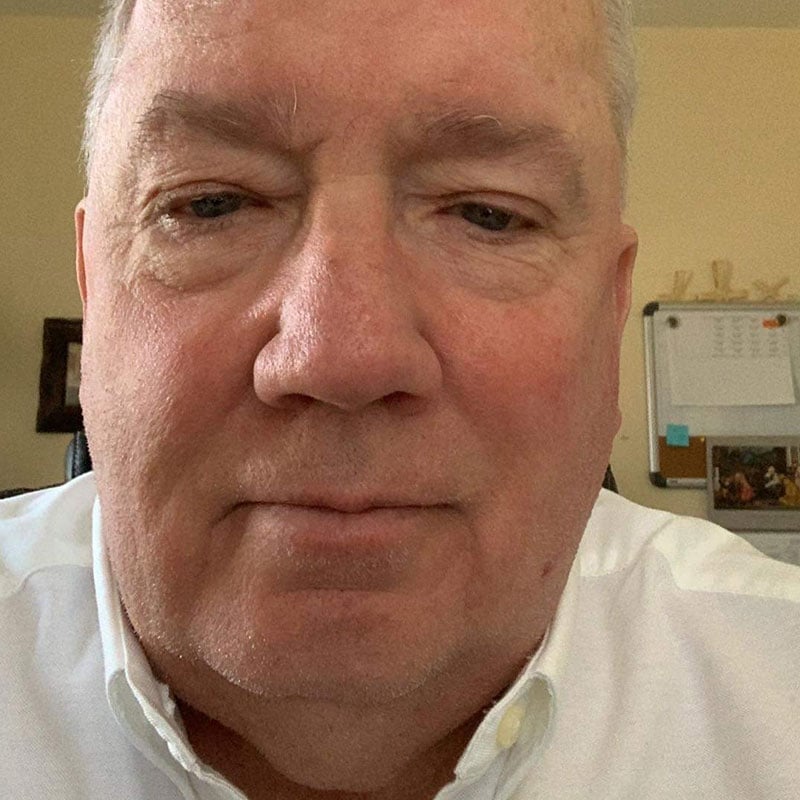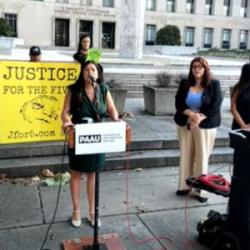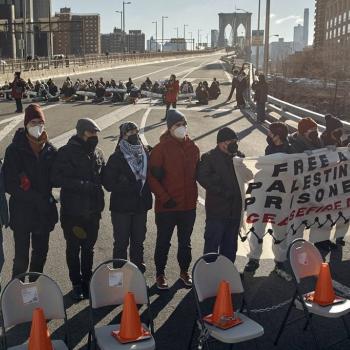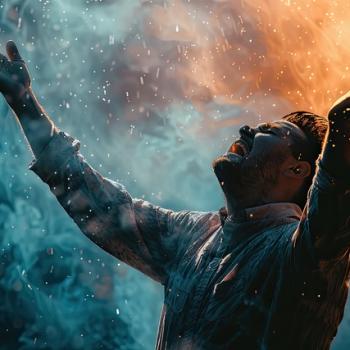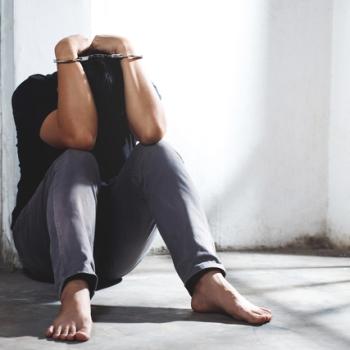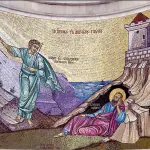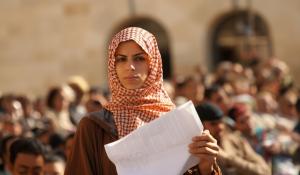
On September 1, Texas passed a new law regulating protest activities on campuses across the state. The new law is a response to the widespread protests in support of Hamas and the Palestinian people. Let’s take a look.
Texas Law SB 2972
The new Texas law regulates campus protest, or “expressive activity,” across the state. Before lawmakers passed the bill, campuses treated all outdoor areas as “traditional public forums.” Students, employees, and public members freely engaged in expressive activity at any time. The new law now puts restrictions on who, what, and where for these activities:
- Only students and employees may engage in expressive activity on campus.
- This bill excludes defamation, obscenity, incitement to unlawful activity, commercial speech, and unlawful harassment.
- Each college or university will designate the areas for expressive activity.
This law is in response to the hateful and at times violent protests we have seen on college and university campuses across the country over the past two years. Paid agitators with no association with the schools incited the antisemitic activity.
Texas Congress Regulated Protest Speech Under SB 2972

This is the most significant contention point with the new bill. Previous protests created hostile environments for Jewish students. School authorities reported over 2300 cases of antisemitic activities in the 2024-2025 school year. Although Jewish people were the victims, Hamas’ brutal attack on innocent Israelis on October 7, 2023, nevertheless stoked the flames of antisemitism. As a result, hostility toward Jewish students and communities surged in places where empathy and solidarity should have prevailed. The restrictions listed in the bill:
- Institutions may allow expressive activity, but they can impose “reasonable” restrictions on time, place, and manner. This is a broad statement and one that is open to all types of interpretations.
- All restrictions must be clearly published and “viewpoint neutral,” meaning they must not favor any specific view or side of an issue.
- Campus authorities prohibit all expressive activities between 10 PM and 8 AM, no matter the content or nature of the speech.
- No amplified sound, speaker events, or overnight encampments during the last two weeks of a term.
- No symbolic acts like lowering U.S. or Texas flags to raise others.
While these restrictions should address many of the problems we have seen in prior protests, proponents of the First Amendment of the U.S. Constitution have raised alarms about infringing on free speech. They are correct, it does. This may be a very slippery slope to navigate, and there will be challenges to this law and similar legislation passed in other cities and states.
What is the Catholic View on the Issue?
Scripture has provided models for respectful witness to contentious issues and spaces:
- Jesus’ acts in the Temple Courts (Luke 19:45-48) – He overturns tables and drives out money changers and merchants to reclaim the space for truth and prayer. He was restoring the Temple’s purpose through His actions.
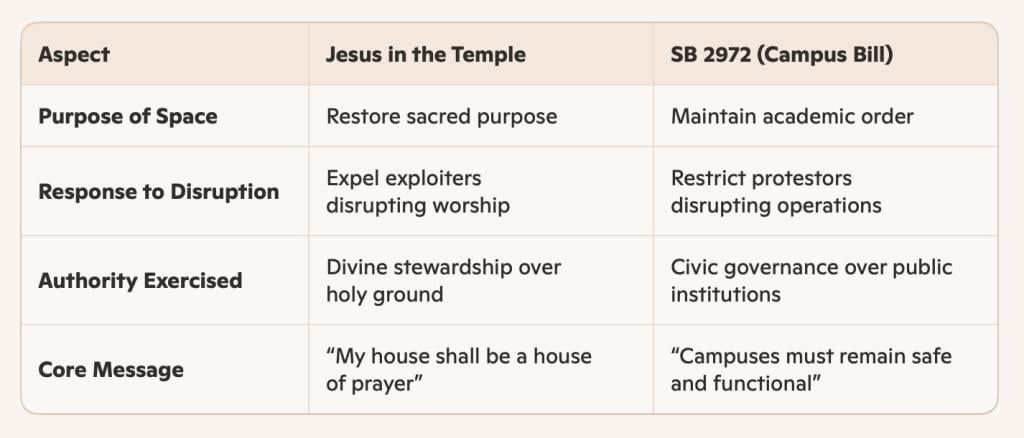
Both events reflect an intent to protect the integrity of a space—one spiritual, one civic.
- Paul in Athens (Acts 17:16-34) – The Athenians had built an altar to an “Unknown God.” Paul used the public square in Athens to teach them about Jesus and connect Him to their “Unknown God.” He respected their views and then moved to the truth. He worked within the guidelines of the public square while preaching his message. Paul didn’t demand unrestricted access—he used the access he had with wisdom and courage. He respected the civic boundaries but never compromised the gospel. Similarly, SB 2972 doesn’t eliminate speech but “narrows the window” for contending positions.
It will be interesting to see if other states take similar actions to reduce the chaos we have seen with these protests in the past. Please share your thoughts on this article in the “Comments” section.
Peace
If you like this article, you might enjoy:
Civil Commitment: Understanding Its Implications
Tragedy in Minneapolis
Discipleship and the Call to Carry Your Cross


